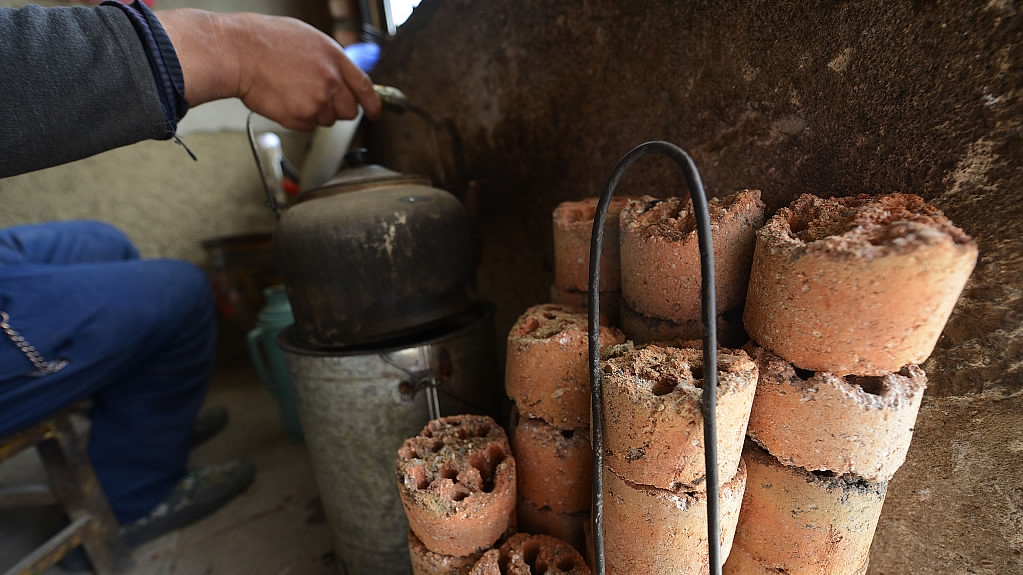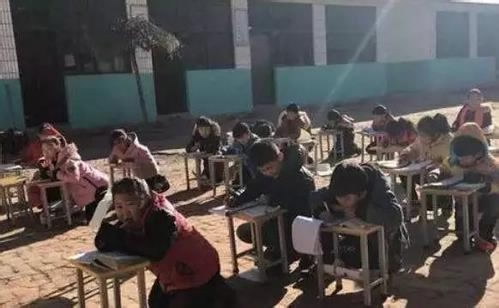
China
21:35, 17-Dec-2017
China acts to balance warmth indoors and clean air outdoors
CGTN

As the temperature continuously drops, and often stays below zero in northern China, people need efficient heating systems in winter. Since the traditional method of burning coal causes pollution as well as creating warmth, China has recently launched a campaign which aims to replace coal with natural gas in winter heating. However, recent online discussions have shown many have doubts regarding this campaign, as several cases revealing that during this period of fuel replacement, many citizens are suffering from a “shortage of gas”.
According to China Youth Daily, some students in the city of Baoding, north China's Hebei Province, had to study in the playground because their heating replacement hadn’t been fully completed and it was warmer in the sun than in the classroom. Once this got reported, it soon went viral and aroused people’s concerns about how the replacement campaign may affect winter heating.

Students struggled to keep warm by staying outside the classroom and basking in the sun. /Photo from China Youth Daily
Students struggled to keep warm by staying outside the classroom and basking in the sun. /Photo from China Youth Daily
To have a better understanding of northern China’s winter heating situation, the Ministry of Environment Protection initiated an investigation in the Beijing-Tianjin-Hebei region and surrounding areas from Friday to Sunday.
This regional investigation revealed that the gas shortage caused by the heating system replacement campaign accounts for only 30 percent of the shortfall, while the major reason behind this is the overall increasing energy demand of industrial manufacturing, electricity generation, chemical engineering and residential usage. Total natural gas usage in December is estimated at 800 million cubic meters, which is 30 percent higher than that in last year, according to media outlet CNR News.
Besides for the unexpected growth in demand for gas, decreasing supplies have worsened the situation. Daily gas supplies have decreased by more than 60 million cubic meters daily this year because of the reduction in the amount of gas coming from central Asia.
To deal with the gap between demand and supply, a policy of limiting nonresidential gas usage to ensure homes have enough gas has been launched. What’s more, some heating station have began their back-up plans and started burning coal again.
Even though it has faced unexpected difficulties, the fuel replacement campaign has successfully improved the air quality this winter and led to a 37 percent drop in PM2.5.

SITEMAP
Copyright © 2018 CGTN. Beijing ICP prepared NO.16065310-3
Copyright © 2018 CGTN. Beijing ICP prepared NO.16065310-3